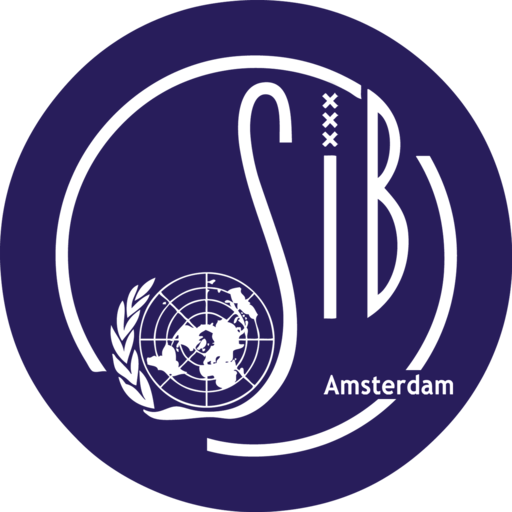Lecture - Two Years of Trump: What's Next?
He wanted to build a wall between the US and Mexico, he used protectionism to defend US-industries from foreign competition and he withdrew from climate and trade agreements: Donald Trump is probably one of the most controversial political figures at the moment. Last February marked the first half of his Administration. That was opportunity enough for the Committee of Intellectual Activities to organize a lecture on this topic. Two of the most central questions that were discussed: Has Trump really made America great? And what’s going to happen at the next presidential election?The two speakers were Frans and Paul Verhagen. Frans Verhagen is a journalist that focuses for more than 35 years now on US politics. He has also written two books on the history of the United States. Paul Verhagen is the son of Frans Verhagen and works as a data analyst at The Hague Centre for Strategic Studies. Obviously, the two speakers were a well-experienced team and complimented each other in their explanations: While Frans Verhagen focussed on the domestic politics in the US, Paul Verhagen analyzed the foreign policy of Donald Trump.Both of them were not soft at judging the past two years of the Trump administration. Frans Verhagen started with analyzing the economic impact his presidency had: Government deficit in the US has increased despite Donald Trump had promised to reduce it, the income inequality has widened due to new tax cuts for the rich, and the purchasing power of US-citizens has not increased in the last years. In addition, many urgent problems remain unresolved or even neglected: There have not been new investments in urgently needed infrastructure, the health insurance Obamacare is slowly deteriorating and student debt is continuing to grow since the financial crisis of 2007.Paul Verhagen’s analysis of Trump's foreign policy was not optimistic either but carried with it many ironies and hidden jokes to brighten the mood in the audience. He started by describing the main ingredients for US foreign policy: American interests, values, and enemies. Its interests are America First, which means protecting Americans, Businesses, and Consumers. The values are democracy, freedom and – yes – apple pie. The enemies are those who threaten Americans (Iran, North Korea), challenge America (China) and “the Communists” (Venezuela, Cuba). Needless to say, in between all this, geopolitics matter as well: It is, therefore, no coincidence, that the ports of the powerful US-navy fleet are located right at the chokepoints of major oil routes.Finally, Frans and Paul Verhagen discussed the question of who might follow after Trump. Names like the democratic politicians Joe Biden, the representative of Texas Beto O’Rourke or even the CEO of Starbucks, Howard Schultz, were mentioned. Great attention will be given once again to the Electoral College system, where each state gets a certain number of electors based on its total number of representatives in Congress. Which states will be decisive? “Ohio, Ohio, Ohio”, says Frans Verhagen. One question that probably many in the audience had on their minds finally concludes the evening: What if Trump makes it again? Frans Verhagen is sure: “It’s not gonna happen.”-Jakob Pallinger, member of the Committee of Intellectual Activities

